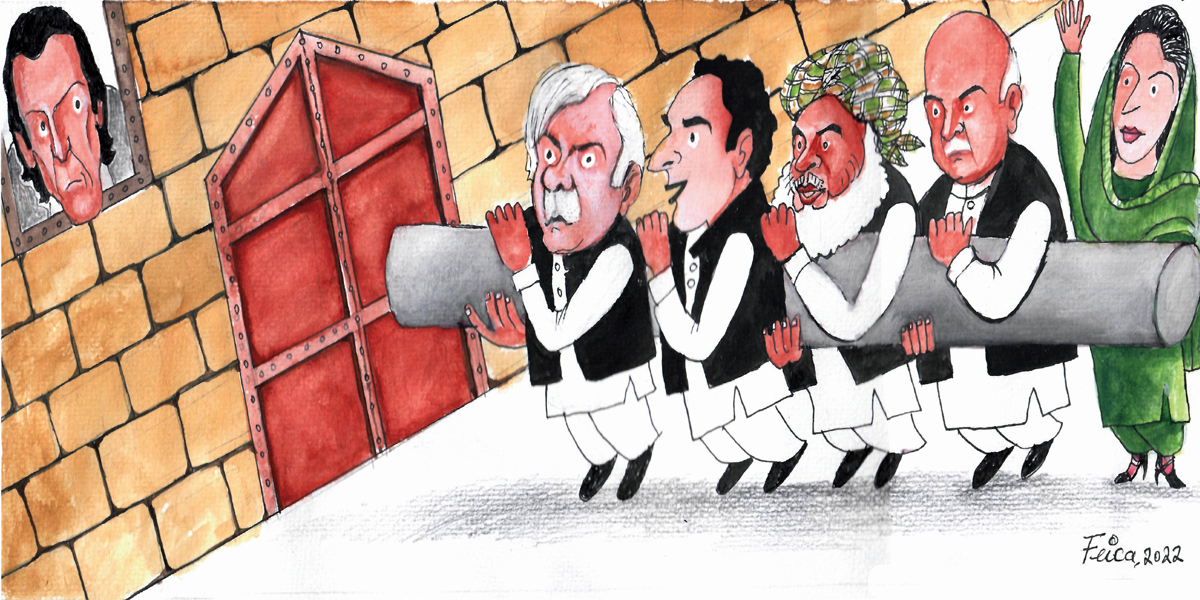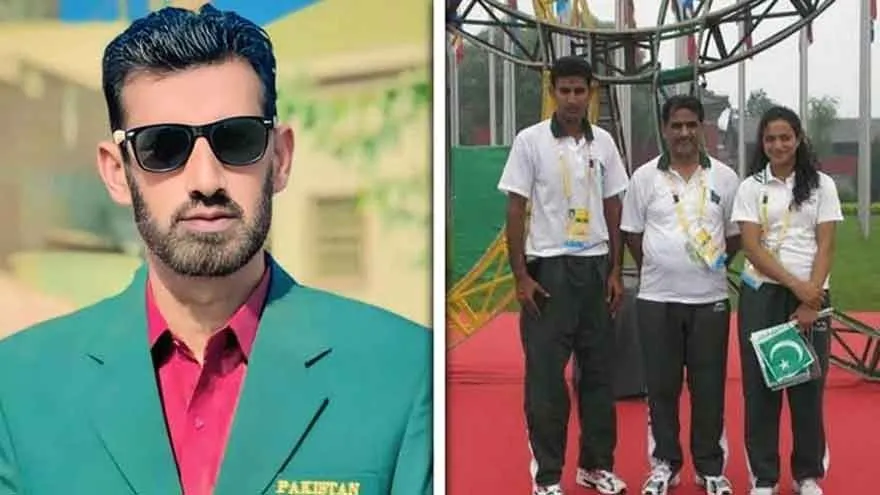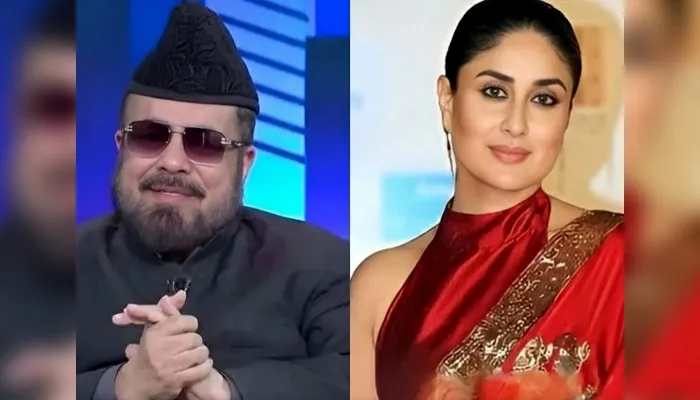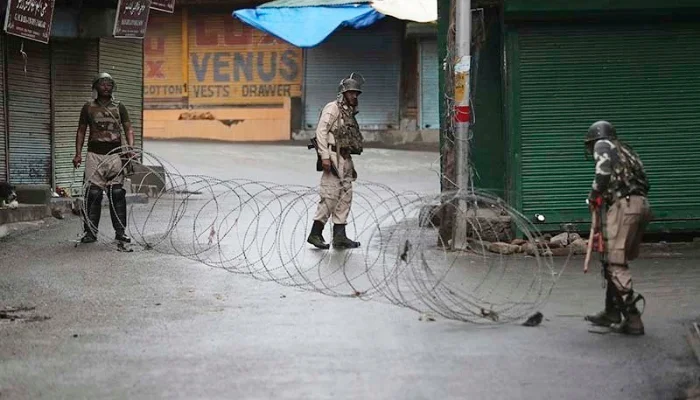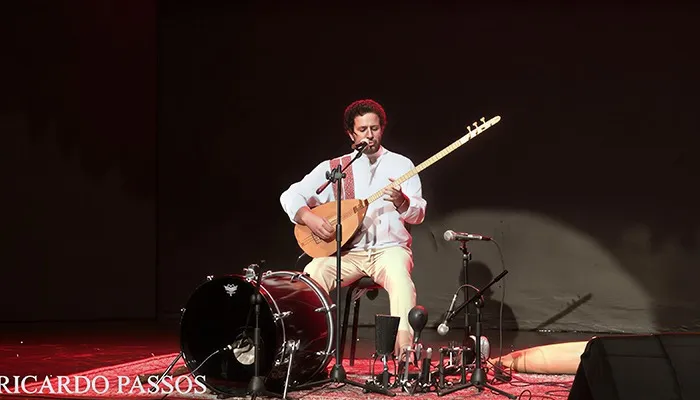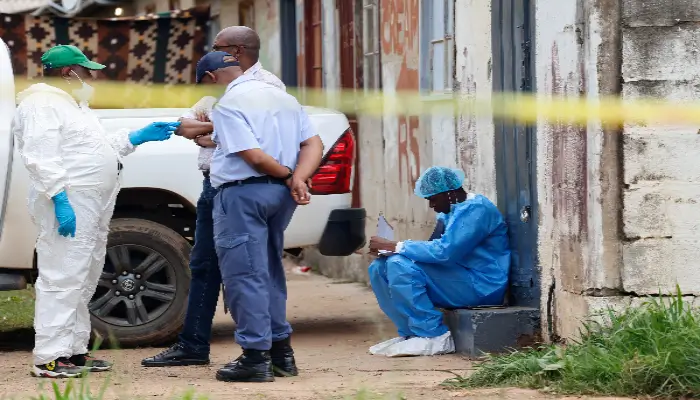The country’s opposition parties are flexing their muscles to bring down the Pakistan Tehreek-i-Insaf (PTI) government, but the chances of tabling a successful no-trust motion against Prime Minister Imran Khan appears bleak since the coalition partners of the ruling party appear reluctant to extend support to any such move.
Much turbulence has been witnessed during the past few weeks in the country’s political firmament, with the leaders of the mainstream opposition parties engaged in hectic consultations with each other and also engaging with the PTI’s coalition partners — mainly the Muttahida Qaumi Movement Pakistan (MQM-P) and the Pakistan Muslim League-Quaid (PML-Q). The opposition realises that without the support of these coalition partners they will not be able to muster the golden figure of 172 needed to de-seat the Prime Minister.
The opposition parties’ total strength in the National Assembly is 164 in a house of 342. They require the support of another eight to 10 members to attain the figure of 172 if they are to bring the PTI government down. And the Pakistan Tehreek-i-Insaf and its allies currently have a collective strength of 178 in the lower house of Parliament. If it does not lose its allies, the sitting government has no imminent threat from the opposition.
As per Article 95 of the constitution, a resolution for a vote of no-confidence can be moved with the support of 20 percent of the total membership of the National Assembly, and requires a simple majority to get it passed from the House.
Article 95 of the constitution reads; “(1)A resolution for a vote of no-confidence moved by not less than 20 per centum of the total membership of the National Assembly may be passed against the Prime Minister by the National Assembly.
(2) A resolution referred to in clause (1) shall not be voted upon before the expiration of three days, or later than seven days, from the day on which such a resolution is moved in the National Assembly.
(3) A resolution referred to in clause (1) shall not be moved in the National Assembly while the National Assembly is considering demands for grants submitted to it in the Annual Budget Statement.
(4) If the resolution referred in clause (1) is passed by majority of the total membership of the National Assembly, the Prime Minister shall cease to hold office.”
Until recently, the tabling of no-trust move against Prime Minister Imran Khan was not on the Pakistan Democratic Movement (PDM)’S shopping list. That was why, after heading the meeting of PDM component parties a fortnight ago, alliance Chairman, Maulana Fazlur Rehman’s focus remained on the long march scheduled for March 23, and he downplayed the option of bringing a no-trust move against the Prime Minister.
But the issue took the centrestage last week after the sudden and dramatic meeting of Pakistan People’s Party Chairman, Bilawal Bhutto Zardari, along with his father Asif Ali Zardari, with PML-N President, Shahbaz Sharif, his son Hamza Shahbaz Sharif and niece Maryam Nawaz Sharif in Lahore.
Following the meeting, both sides announced they planned to bring a no-trust move against the Prime Minister, and indicated they would soon initiate the spadework required. Before meeting the PML-N central leadership, PPPP President Asif Ali Zardari had held a detailed meeting with PML-Q chief, Chaudhry Shujaat Hussain, and Speaker Punjab Assembly, Chaudhry Pervaiz Elahi. In the follow-up to this Zardari also established covert contacts with some other political players in national politics to level the ground for the no-trust move against the Prime Minister.
This led to the ruling alliance’s coalition partners, particularly the MQM-P, PML-Q, BAP and GDA, to spring to action, particularly the Muttahida Qaumi Movement-Pakistan, which held meetings with the PML-N and PML-Q leadership, ostensibly to discuss the overall political situation and the problems facing the people of Pakistan.
Sources clued in on the developments taking place on the political front are of the view that the government’s junior coalition partners weren’t happy because none of the promises made to them had been honoured. So they jumped into the government-opposition fray to take advantage of the situation and to pressurise PTI to honour the commitments made to them. For example, Balochistan Awami Party (BAP) leaders have demanded a greater share in power with their leaders, saying the promises made to them by the PTI leadership have not been fully met.
Other PTI coalition partners did not openly demand an enhancement of their share in government, but the leadership of all these parties have conveyed their demands to the government.
PML-Q insiders informed Bol News that their party leadership had made it clear to PPPP President Asif Ali Zardari and MQM leaders, including Amir Khan, Wasim Akhtar and Khalid Maqbool Siddiqui, who separately met Chaudhry Shujaat Hussain and Chaudhry Pervaiz Elahi, that the time is not ripe for any move that could upset the apple cart. They expressed the apprehension that some third force could take advantage of the government-opposition tiff.
Sources in the know of the deliberations, of what transpired at these meetings discloseded that Chaudhry Shujaat Hussain had politely declined to support the MQM-P and PPP, advising them to adopt a wait-and-see policy. A PMP-Q member told Bol News that both, the MQM-P and the PML-Q had decided to stay firm with the ogovernment and would not support any move to dislodge the Prime Minister.
Meanwhile, some key PTI ministers contacted the leaders of their coalition partners and assured them that all the commitments made to them would be fulfilled in the due course of time.
Responding to the situation, a senior ruling PTI Parliamentarian sarcastically said that the opposition parties could not even block the State Bank Amendment Bill 2021 in the Senate where they have a clear-cut majority, nor could they table a no-trust move against the Prime Minister, so how could they get it passed by the National Assembly.
State Minister for Information Farrukh Habib has said that the coalition partners are firmly standing with the government and opposition parties, which are divided and fragmented, pose no threat to their government.
However, sources in the PTI admitted that the party leadership was feeling the heat of the opposition parties’ activities against the government and that is why the party had decided to launch a mass mobilisation plan, slating a number of party rallies and processions across the country in the coming weeks, to be addressed by Prime Minister Imran Khan and other central party leaders.
PML-N had taken permission from party Quaid, Nawaz Sharif, to move forward with the no-trust move plan, but even so, leaders with hawkish tendencies in the party like Shahid Khaqan Abbasi, Mian Javid Latif and Khurram Dastagir were not happy with the decision and had, in private meetings, expressed their reservations over the party’s engagement with the PPP, which had ditched them on a number of occasions in the past.
Senior Vice-President PML-N Shahid Khaqan Abbasi, who was among those against the return of the PPP in the PDM fold said, while talking to the media outside the NAB courts, that only if the PPP could satisfy the PDM about its past demeanour, it could perhaps be taken back into the alliance.
Sources close to other members of the camp opposed to any PPP-PDM handshake informed Bol News that Mian Nawaz Sharif was compelled to take the decision to mend fences as PML-N President Shahbaz Sharif wanted to move ahead with a no-trust motion against the government. Nawaz Sharif directed his brother, party president Shahbaz Sharif not to attempt a solo flight with regard to this issue, and instead to move forward on tabling the motion with the approval and support of the PDM.
Sources in PML-N disclosed that even senior party leaders were not taken into confidence about the meeting with the PPP leadership. Resultantly, most of the party leaders were clueless and avoided commenting on the meeting. When approached, central party leaders Khwaja Asif and Rana Tanvir both declined to comment on the PML-N-PPP meeting as well as on the no-trust move against the government.
Now, after both the MQM-P and PML-Q declined to commit their support, the opposition parties plan on the proposed no-trust motion against the Prime Minister will be presented in the PDM meeting for deliberations to be held in the coming days, and then some final decision on the matter will be made.
Sources in the PML-N say it was decided that a no-trust would only be tabled after completing the numbers game. Other issues, such as whether it would be tabled directly against the Prime Minister or against the Speaker of the National Assembly first, would be decided accordingly.
Other sources maintain there was a proposal from the PPP leadership during the meeting with Shahbaz Sharif that the PDM should first attempt to dislodge the Punjab Government and then move against the Prime Minister. However, to attain the requisite numbers, the opposition parties would require the support of the PML-Q in Punjab, while in the centre they need to take both, the PML-Q and MQM-P onboard.
The support of the Jahangir Tareen group could also be sought to send the Buzdar government in the Punjab packing, disclosed another source close to the PML-N leadership.
Matters relating to interim set-ups in the event that the no-trust moves against Buzdar and later, Prime Minister Imran Khan succeed, are reportedly yet to be finalised by the PDM’s respective parties. Meanwhile, both, the PML-Q and the MQM-P look toward some other ‘power quarters’ for taking any extreme move against the incumbent governments in Punjab and the centre.

